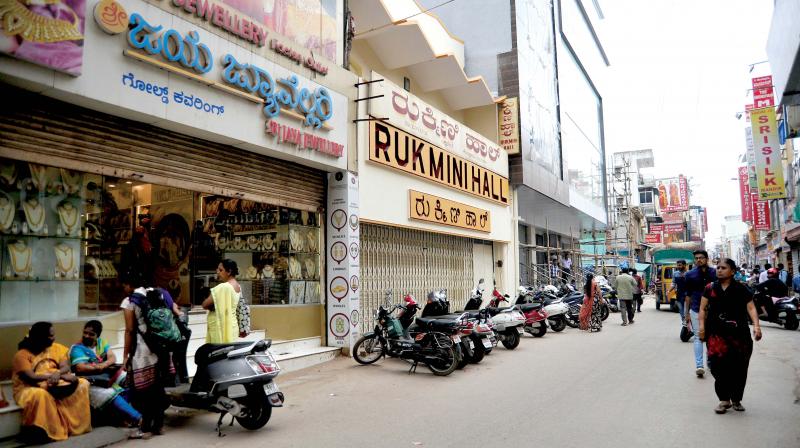GST: Brands drop their names, you may get adulterated rice!
The government thinks that the branded food grain merchants earn 50-150 percent margins and hence they need to pay taxes.

Bengaluru: Most of the food grain brands in Agricultural Produce Market Committee (APMC) have been deregistering themselves to fall under the zero percent tax bracket once the new Goods and Services Tax (GST) regime is rolled out.
According to Bharat Kumar R. Shah, chairman of the Bengaluru Wholesale Food Grains and Merchants’ Association, the Centre has made it mandatory for those who sell food grains and pulses in brands to pay taxes. “The government thinks that the branded food grain merchants earn 50-150 percent margins and hence they need to pay taxes,” said Mr Shah. However, the profit margin for branded food grain manufacturers in APMC trade is only half or 1 percent net. If they levy 5 percent tax, their products will become non-viable for the consumers. “It is difficult for the merchants to sustain in the market as brands,” he said.
The food grain and pulses brands that belong to multinational companies or bigger companies can afford to fall under 5 percent tax slab. But sadly, most of the food grain manufacturers in APMC are small and medium enterprises (SMEs), earning low margins.
The SMEs have registered their brands for unique identification and they process good quality raw materials, which are purchased by APMC for higher prices. Now that the products sold by the branded food grain merchants are taxable, they are left with no other option but to deregister themselves and sell their products without a brand name.
Talking about the level of preparedness among APMC memebers, Mr Shah said that only 30 percent of traders in the state are ready to embrace the change. Most of the APMC markets are not computerised and the traders depend heavily on auditors. In addition, the rural dealers have no clue about GST. “We feel that we need another eight months to follow new tax norms properly. I feel that it cannot be partially implemented in our trade. Only 30 percent of APMC markets are ready to implement GST in Karnataka,” he said. Once the brands deregister themselves, a number of problems might arise such as food adulteration and misuse of brand names. If the products are sold without a brand name, retailers or wholesalers might manipulate consumers. If the branded products’ quality falls, necessary action can be taken against them. It now becomes difficult to keep the quality of goods in check.
“I don’t think that will now be possible if the brands unregister themselves,” said Mr. Shah.

